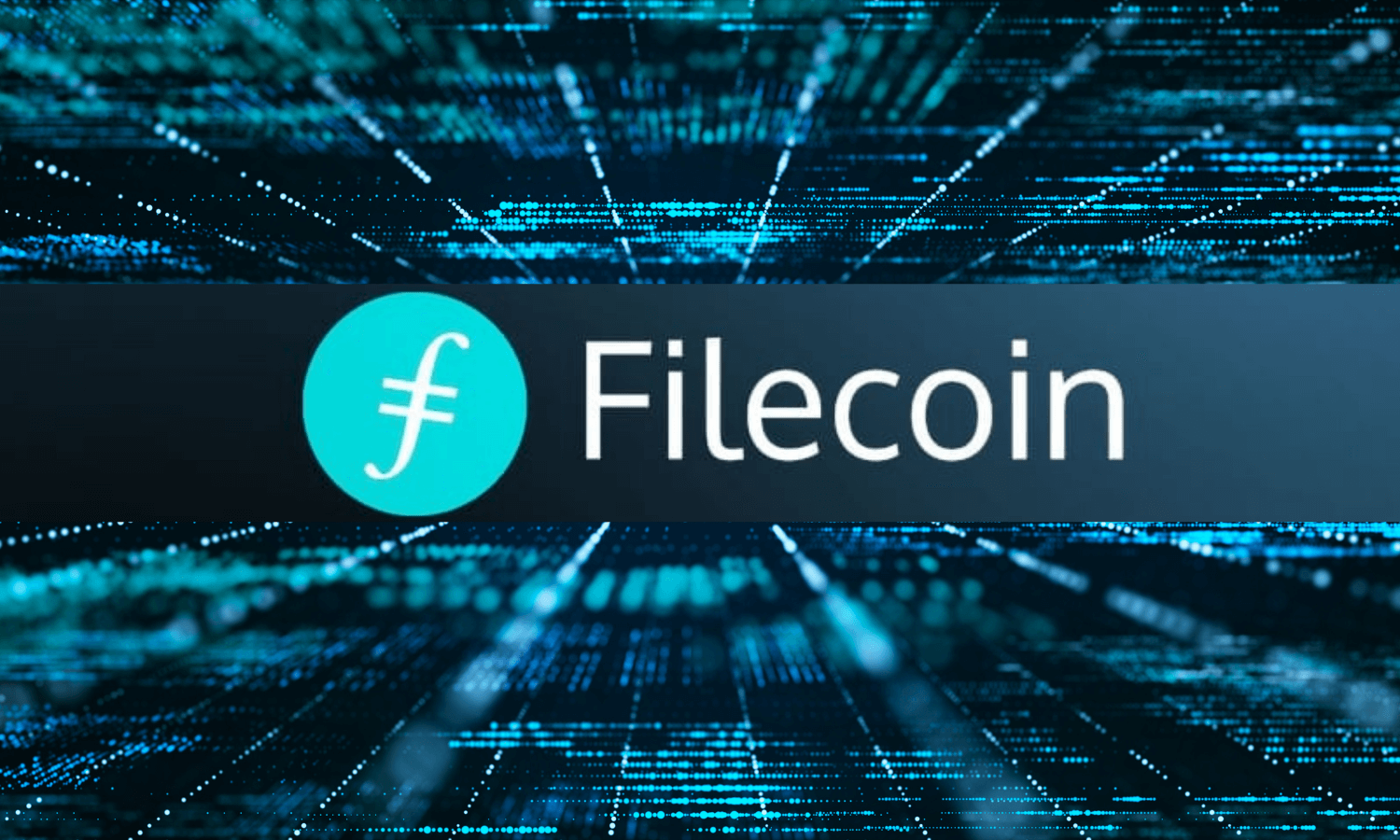Filecoin (FIL): What is it?
Filecoin (FIL) was designed to be an efficient and reliable means of storing and retrieving data. It was an open-source, public cryptocurrency and digital payment system. Protocol Labs’ solution for utilizing space on hard drives to rent is built on top of the InterPlanetary File System [1]. The deals are registered on the blockchain. The Filecoin initiative “aims to archive humanity’s most important information.” Filecoin utilizes an open protocol backed by a blockchain that documents the participants’ commitments. The currency of the blockchain is FIL. Proof-of-replication is part of the blockchain, as is proof-of-spacetime.
Filecoin’s decentralized storage is designed to reduce the risk of data loss associated with centralized storage. Filecoin, with its decentralized nature, prevents corruption of data by protecting data locations and making them easier to retrieve. Also, users have the option of being the custodians of their data. Filecoin rewards nodes too that mine and store data on its blockchain network.
History:
In 2005, computer scientist Juan Benet founded Protocol Labs, the company that developed Filecoin. It took a few years for Filecoin to launch: In 2017, at its ICO, Filecoin raised $257 million (the largest in history at the time) and that raised the attention of numerous venture capital firms, such as Union Square Ventures and Andreessen Horowitz. A few months after the ICO, the Filecoin mainnet launched.
It was Benet who became interested in peer-to-peer storage before Filecoin was developed. Interplanetary File System (IPFS) was introduced to the Benet ecosystem in 2015, allowing users to send, receive, and host files like other file-sharing networks such as BitTorrent.
IPFS is the foundation of Filecoin’s network. Filecoin offers a free IPFS service but monetizes the storage process by providing its native token, FIL, as a form of payment. The Filecoin mining industry rents its storage capacity to clients in exchange for FIL, so that data can be stored on the network and retrieved easily. The Filecoin blockchain does not have a centralized server, so it is less vulnerable to hacking since there is no single point of attack. Filecoin protects the privacy of data because it breaks down files into smaller pieces before sending them to miners.
Use Cases:
In contrast to large industry competitors, Filecoin’s goal is to make data storage affordable and accessible to a variety of individuals and organizations. Customers receive more flexibility in exchange for their FIL fee by paying for exactly the amount of storage they require. Additionally, it provides the benefit of privacy-enhancing technologies and allows data to be made universally available.
In terms of functionality, it provide the following:
- On data exchanges and marketplaces, data can be purchased and sold.
- Distribute encyclopedias, historical documents, literary works, and scientific papers securely and safely.
- We provide blockchain services to our customers, including supply chains, blockchain storage, and dApps.
- FIL tokens can be used for the payment of goods and services.
- Large amounts of client data can be stored in time-stamped long-term archives.
- Provides decentralized storage backed by the utility of cloud storage.
Its partners and real-world applications aim to support that functionality.
FIL storage miners around the world will be used to build dApps with 100% uptime using Truffle Suite, which announced that it is supporting Filecoin in July 2020 (before mainnet launch). In October 2020, FIL announced a similar partnership with ConsenSys. The new integration will enable millions of users to access a range of updated and cost-efficient data storage options via ConsenSys’ Ethereum platform.
The FIL protocol has been used or partnered with by more than 70 organizations, and its storage capacity has gone over 1 exabyte by November 2020. A multi-tiered storage service, Textile’s Powergate, and Space, a platform for open-source file sharing and collaboration, have been developed on the FIL network since its launch. Chainsafe also demonstrates Filecoin as an application for data retrieval.
Advantages:
Multinational companies like Adobe, eBay, and Yahoo can attest that large, multi-national companies are not immune to data breaches. Centralized storage solutions can be hacked or taken offline, posing a serious risk.
Cloud storage demand is growing as more consumers use Filecoin instead of building new data centers.
Miners bid for storage contracts, store and encrypt user data, and then incentivize FIL token users to pay them for unused hard drive space.
Filecoin stakers get rewards for adding security to the network.
As a result of FIL’s node architecture, it can function as an alternative network to centralized authorities capable of deleting, withholding, or preventing files from being sent or received. It is censorship-resistant, just like Bitcoin.
A mirror site for Wikipedia has been created using Protocol Labs IPFS solution, allowing people in censorship-heavy countries to access Wikipedia by circumventing censorship.
“Photographic Archive of Trust” is another intriguing use case for FIL.
On 78 days of the United States presidential transition in 2021, Reuters photojournalists documented, cryptographically sealed, and verified more than 250 photos. Fake news and misinformation can make it imperative to use a method for incontrovertibly and immutably verifying data.
Is it safe?
Documents saved on a third-party computer can be vulnerable. Data is split up by FIL, just as it would be shredded, so no one can reconstruct it. When requested, it rearranges the data according to how it fits together.
The host therefore cannot simply hack into the user’s computer and steal their files. Hackers would simply find meaningless data if they tried to access it.


